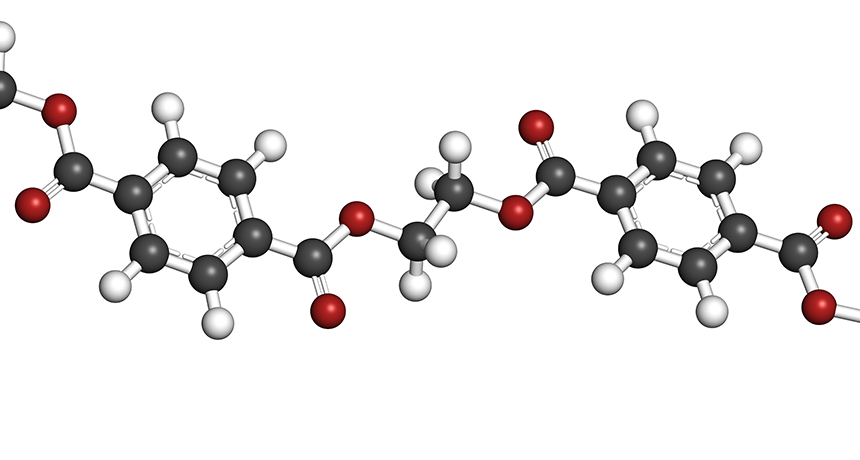Top Uses of Polymers: Enhancing Everyday Products
Making The Most Of the Potential of Polymers: Discover the Complex Benefits and Practical Utilizes
The diverse benefits and functional usages of polymers proceed to develop, using innovative solutions to intricate challenges. By checking out just how polymers can enhance product toughness, drive sustainability initiatives, transform medical care services, and lead the means for future technological developments, we can discover a globe of opportunities waiting to be utilized.
Significance of Polymers in Modern Industries
Polymers play a crucial role in modern markets, acting as versatile products that drive development and efficiency throughout a wide variety of fields. These complex molecules, made up of duplicated subunits, have reinvented sectors such as auto, aerospace, electronic devices, healthcare, and a lot more. In the automotive industry, polymers have actually enabled the development of lightweight yet resilient components, improving gas performance and overall performance. Aerospace sectors count on polymers for their high strength-to-weight proportion, essential for aircraft and spacecraft construction. The electronics sector gain from the shielding properties of polymers, essential for producing circuit card and electronic devices (Polymers). In addition, polymers are thoroughly utilized in the healthcare field for medication shipment systems, medical tools, and biocompatible products. Their versatility, sturdiness, and cost-effectiveness make polymers important in modern production procedures, cultivating improvements and driving progress in numerous markets worldwide. Embracing the possibility of polymers is essential to unlocking more technologies and attending to the evolving demands of today's commercial landscape.
Enhancing Product Sturdiness With Polymers
With a focus on longevity and strength, integrating sophisticated polymer technologies right into item style has actually come to be a cornerstone of boosting sturdiness in modern-day manufacturing processes. Polymers use a variety of properties that contribute to the general durability of products. One crucial benefit is their resistance to deterioration, chemicals, and weathering, making them ideal for use in various markets where exposure to rough problems is common.
Furthermore, polymers can be customized to satisfy certain durability requirements, permitting makers to personalize products according to their meant use and expected lifespan. By incorporating polymers into product elements, makers can improve stamina and effect resistance, decreasing the possibility of breakage or wear in time.
Furthermore, polymers are lightweight yet durable, offering sturdiness without adding unnecessary weight to items. This particular is especially valuable in sectors such as aerospace and vehicle, where lightweight materials are essential for boosting gas effectiveness and overall performance.
Sustainability Advancements Via Polymer Technology
In the world of contemporary production and item design, the innovative application of polymers is driving significant innovations in sustainability methods. Polymer development plays an essential duty in improving sustainability by providing solutions that decrease environmental effect across numerous markets. One key element where polymers excel remains in making it possible for the development of lightweight yet sturdy products that add to fuel performance in transportation and decrease total energy intake. Additionally, the recyclability and biodegradability of particular polymers even more advertise sustainable methods by minimizing waste and contamination.
Furthermore, improvements in polymer modern technology have caused the development of bio-based and renewable polymers, originated from all-natural sources such as plants, that provide a more lasting choice to typical petroleum-based plastics. These environment-friendly polymers not only help in reducing dependence on nonrenewable fuel sources but also reduce greenhouse gas discharges throughout production. By incorporating these innovative polymers into manufacturing processes, companies can decrease their environmental footprint and relocate towards more sustainable methods, lining up with worldwide efforts to deal with climate modification and advertise a round economy.
Polymers in Healthcare: Revolutionizing Medical Solutions

Among the key areas where polymers are making substantial strides is in the development of targeted drug shipment systems. By encapsulating medicines within polymeric nanoparticles or micelles, researchers can enhance drug stability, improve bioavailability, and more info here make it possible for regulated release, causing much more efficient therapy regimens with minimized side effects.
In addition, polymers are crucial in the area of regenerative medicine, where they are made use of to produce This Site scaffolds that imitate the extracellular matrix, giving assistance for cell growth and cells regeneration. This modern technology holds enormous promise for fixing damaged body organs, promoting injury healing, and advancing customized medication methods.
In essence, the combination of polymers in healthcare is driving advancement, improving treatment efficiency, and ultimately boosting individual results in ways formerly believed unattainable.
Future Applications and Developments in Polymer Innovation
Progressing at the forefront of clinical discovery, polymer innovation proceeds to pave the method for groundbreaking applications and technologies shaping varied sectors. In the world of sustainable packaging, eco-friendly polymers are gaining traction as eco-friendly alternatives to standard plastics. These polymers damage down normally, decreasing the environmental effect of single-use things. Furthermore, in the field of electronic devices, conductive polymers are changing wearable technology and flexible electronics. Their unique buildings enable the development of stretchable circuits and sensing units, making it possible for brand-new opportunities in medical care surveillance and clever clothing. Additionally, polymer nanocomposites are improving the mechanical and thermal homes of products, causing more powerful and get more lighter elements in aerospace and vehicle markets. Looking ahead, researchers are exploring the capacity of shape-memory polymers for applications in robotics and biomedical tools, where products that can "keep in mind" and return to their original forms provide interesting opportunities for technology. As polymer technology continues to progress, the future holds countless chances for groundbreaking developments throughout different sectors.
Verdict
